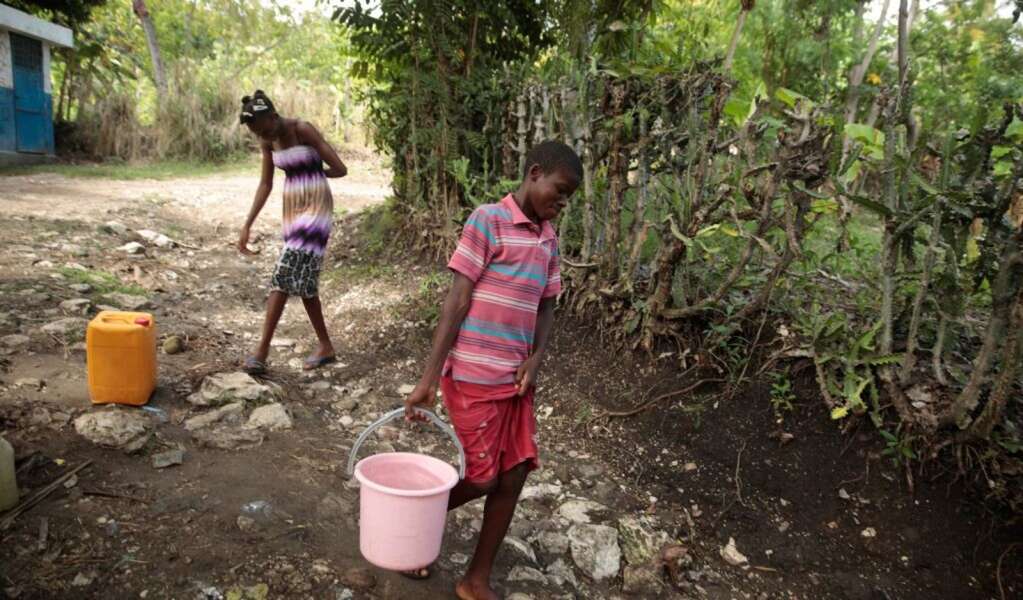A recent report by the United Nations Development Programme (UNDP) and the Oxford Poverty and Human Development Initiative highlights the severe challenges faced by Caribbean nations, where deep inequalities and escalating climate risks are converging. The 2025 Global Multidimensional Poverty Index, titled ‘Overlapping Hardships: Poverty and Climate Hazards’, underscores the dual burden of poverty and environmental threats in Small Island Developing States (SIDS). Approximately 23.5% of the population in SIDS, or 13.6 million people, live in multidimensional poverty, which encompasses not only income but also access to education, health, housing, sanitation, and energy. While countries like Trinidad and Tobago and Cuba have achieved significant progress, with less than 1% of their populations living in poverty, Haiti remains one of the most impoverished nations globally, with over 40% of its population experiencing severe deprivations. The report also highlights regional disparities in Guyana, where poverty rates range from 0.1% to 23%. Common issues across the Caribbean include lack of clean cooking fuel, poor sanitation, inadequate housing, and unreliable electricity. Climate change exacerbates these vulnerabilities, with rising sea levels posing existential threats to low-lying coastal communities. The UNDP calls for integrated policies that address poverty reduction, climate adaptation, and sustainable development, emphasizing the need to prioritize both people and the planet to build resilient communities.
